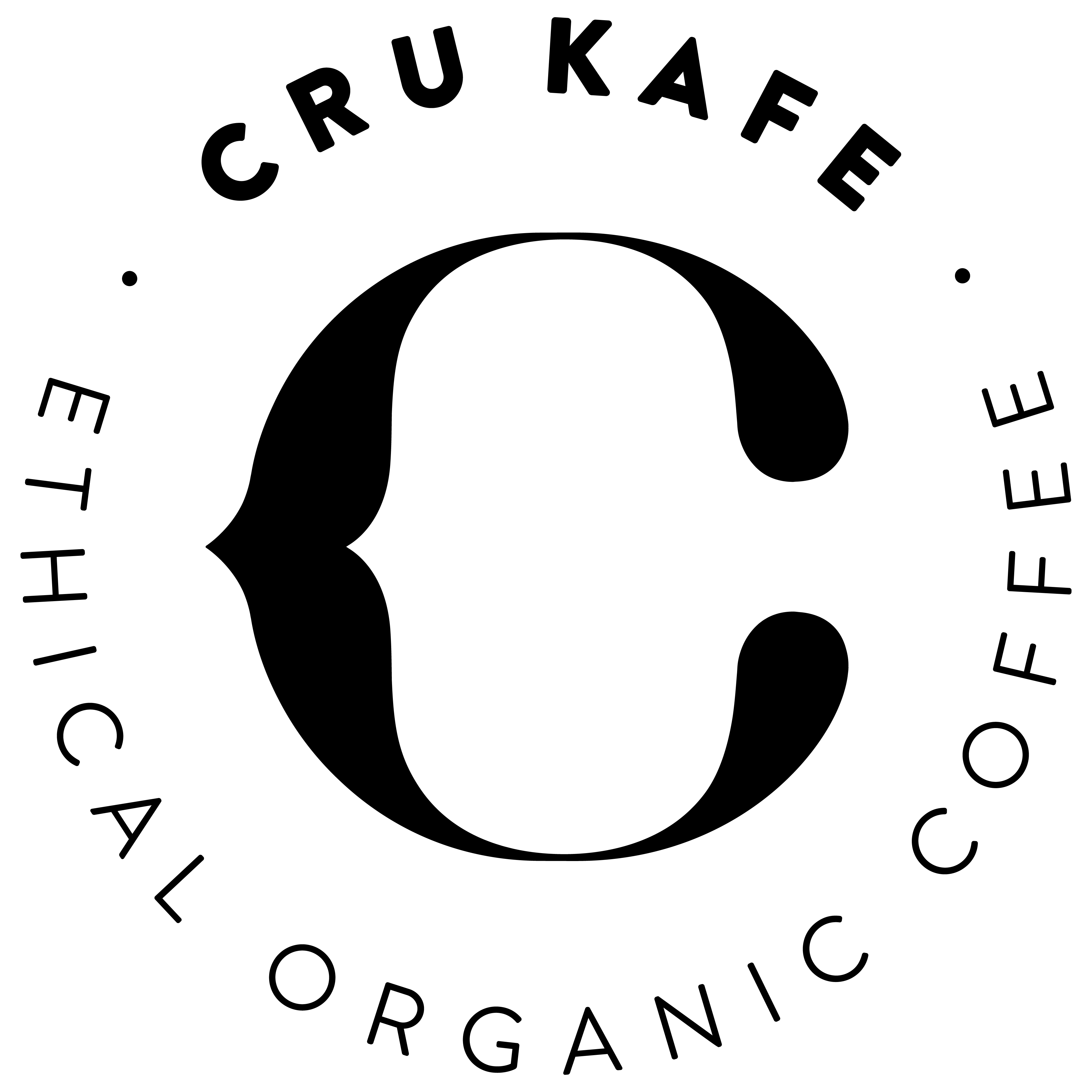From tea-like drinks of lemon and honey, to coffees full of ripe, red fruits and crisp apples, the variety and range of Ethiopian coffee is almost unbelievable. In fact, it’s estimated that there are around 3,500 varieties of coffee growing wild within the country’s borders; compared to just 30 varieties outside that make up the rest of the world’s coffee supply.
Today, Ethiopia is the world’s 5th largest coffee producing country, and considered to be the home to Arabica coffee and the origins of coffee culture. Little that you might know, we have some goats to thank for the discovery of these delicious Arabica beans...
Legend has it...
Legend has it that Kaldi, a goat herder, observed his goats acting very energetic and appeared to be ‘dancing’ after eating unique red berries off the Coffea Arabica plant. Bewildered, he chewed on some himself and discovered the same cavorting energy from the caffeine rich fruit. Excited about his discovery, Kaldi picked some of the fruit to share with monks at a local monastery.
However, the monks did not share Kaldi’s amazement and claimed the “magic beans” were the devil’s work, tossing them into the fire. The fruit cooked, producing an enchanting aroma, that the monks then bottled in water to preserve. Little did they know, they were roasting and brewing the world’s first coffee! Upon tasting the concoction, the monks found themselves able to stay awake for many hours to pray and affirmed the fruit made them closer to God.
These small fruits of the Coffea Arabica bush, first discovered growing in the rainforests of the Kaffa region to the west of the Great Rift Valley, were - and still are - recognised not just as a source of energy, but a source of sustenance also.
"Banu Dabo Naw"
Whether the legend of Kaldi and his goats is true or just folklore, what is certain is how heavily ingrained coffee is in Ethiopian culture, and has been for centuries. There is an Ethiopian proverb that reads ‘Banu Dabo Naw’, translated literally, ‘Coffee is our Bread’ - a simple, succinct phrase that perfectly captures exactly how important this humble little bush is to an entire country.
Not only does the coffee industry employ nearly 15 million Ethiopians and make up for roughly 70% of the countries export revenue, but culturally, life revolves around coffee. Intricate coffee ceremonies are held almost daily, and is a staple of Ethiopian hospitality.
Green coffee beans are roasted over open flames, and then freshly ground by pestle and mortar before being transferred to a jebena, or traditional clay pot, where it is brewed over the fire. These ceremonies can take place multiple times per day, and are a must when guests are in the home.
These little cherries have become one of the world’s most traded commodities; an integral part of the lives of not only millions of Ethiopians, but for billions of us around the world. In a very real sense, ‘banu dabo naw’ is true for us all.






